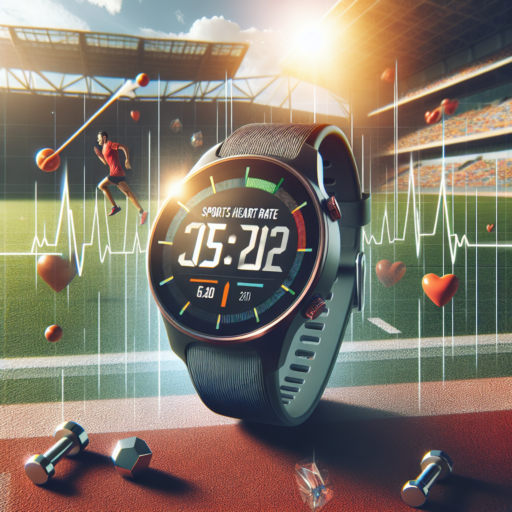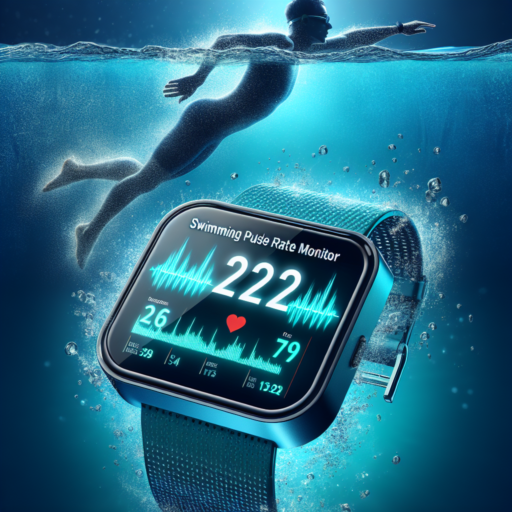No se han encontrado productos.
What is the average heart rate for a marathon runner?
Understanding the average heart rate for a marathon runner involves delving into the intricacies of athletic performance and endurance. Marathon runners, who cover a distance of 26.2 miles, require a unique blend of stamina, strength, and heart efficiency. The heart rate during such enduring activities offers insight into an athlete’s cardiovascular fitness and endurance capabilities.
Typically, the average heart rate for a marathon runner ranges between 160 to 180 beats per minute (bpm) during the race. However, this figure can vary based on several factors including age, fitness level, running pace, and environmental conditions. Elite athletes might operate at the lower end of this spectrum due to their superior conditioning and efficient heart function, while less experienced runners might find their heart rates pushing towards the upper limit.
Several studies have highlighted that experienced marathoners can maintain a heart rate that is approximately 75% to 85% of their maximum heart rate throughout the marathon. Calculating one’s maximum heart rate can be a simple process, often estimated by subtracting the individual’s age from 220. This provides a yardstick for runners to gauge their training and racing intensity levels, ensuring they are within a safe and effective range for endurance performance.
Is 170 bpm bad when running?
When it comes to understanding heart rates during exercise, it’s important to recognize that 170 beats per minute (bpm) might alarm some runners, yet for others, it’s perfectly normal. The notion of a «bad» bpm is often misguided, as cardiovascular responses to running are highly individualized. The key factor determining whether a 170 bpm is concerning or not largely depends on an individual’s age, fitness level, and heart rate maximum.
For most people, 170 bpm signifies a high-intensity effort, often reaching into the anaerobic zone. This is the exertion level where you’re pushing hard, and such a heart rate is typically observed during vigorous exercise. Training at this intensity can be beneficial for improving cardiovascular fitness, enhancing aerobic capacity, and increasing stamina. However, consistently exercising at or above this heart rate could potentially lead to overtraining and increase the risk of injury if proper recovery is not taken into account.
Understanding your personal heart rate zones can drastically affect how you perceive a 170 bpm reading while running. Utilizing tools like a heart rate monitor or smart watch can provide valuable insight, enabling tailored workouts that promote health and performance. Beginners or those with certain health conditions may find a 170 bpm reading to be excessive, whereas seasoned athletes might regularly train at this intensity. It’s crucial to listen to your body, recognizing signs of excessive fatigue or discomfort as indicators to adjust intensity.
Is a 190 heart rate bad while running?
When considering the question, «Is a 190 heart rate bad while running?» it’s essential to understand that heart rate can be a highly personal metric, reflecting one’s fitness level, age, and the intensity of the exercise being performed. Generally, a heart rate of 190 beats per minute (bpm) during exercise might indicate that you are pushing your body near its maximum effort, which can be both beneficial and detrimental depending on various factors.
The significance of a 190 bpm heart rate also hinges on the concept of Maximum Heart Rate (MHR), which can be roughly calculated as 220 minus your age. This formula helps in determining your individual MHR, against which you can gauge your running intensity. If your age suggests that a 190 bpm is close to or exceeds your MHR, you’re likely entering the high-intensity exercise zone, where your body relies more on carbohydrates for energy and experiences a higher rate of perceived exertion.
However, consistently running at or near a heart rate of 190 bpm without adequate fitness conditioning could potentially strain your heart and lead to overexertion. It’s crucial to listen to your body, recognizing signs of excessive fatigue, dizziness, or shortness of breath as indicators that you might be pushing too hard. Utilizing heart rate zones as a guide for your training can help balance the benefits of high-intensity workouts with the risks associated with overly strenuous exercise.
What should your heart rate be on a long run?
Understanding the optimal heart rate for a long run is crucial for both maximizing performance and ensuring safety. Generally, for long-distance runs, you should aim to keep your heart rate within the aerobic zone, which is approximately 70-80% of your maximum heart rate. This range helps in efficiently burning fat as a source of fuel, improving endurance, and preparing the body for more intense workouts without overstraining the cardiovascular system.
To accurately calculate your specific target heart rate for a long run, you first need to determine your maximum heart rate. This can be roughly estimated using the formula: 220 minus your age. From there, multiplying this number by 0.7 and 0.8 will give you the lower and upper limits of your optimal long run heart rate range. For instance, a 30-year-old runner would have an estimated maximum heart rate of 190 beats per minute (bpm), making their ideal long run heart rate range from 133 to 152 bpm.
Monitoring your heart rate during a run not only ensures that you’re training within the right zone but also prevents overexertion that could lead to fatigue or injuries. Technology such as heart rate monitors or smartwatches can be incredibly helpful tools for keeping track of your heart rate in real time. Remember, factors like stress, temperature, and hydration levels can also affect your heart rate, so it’s important to listen to your body and adjust your pace as needed.




